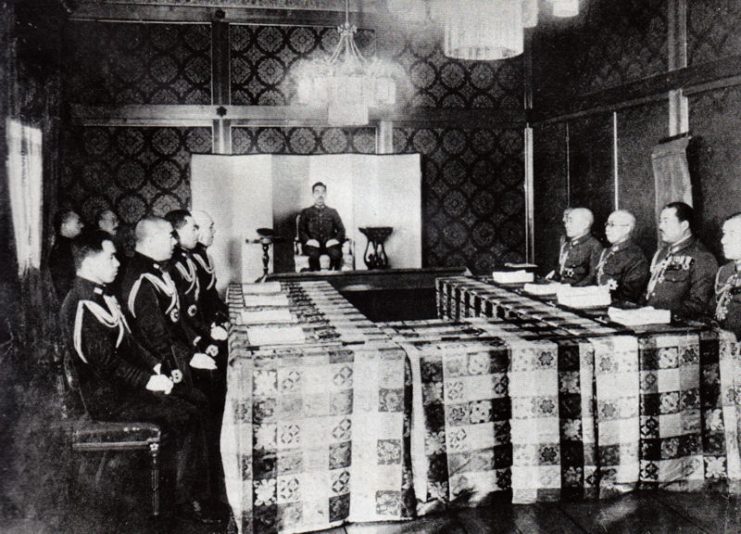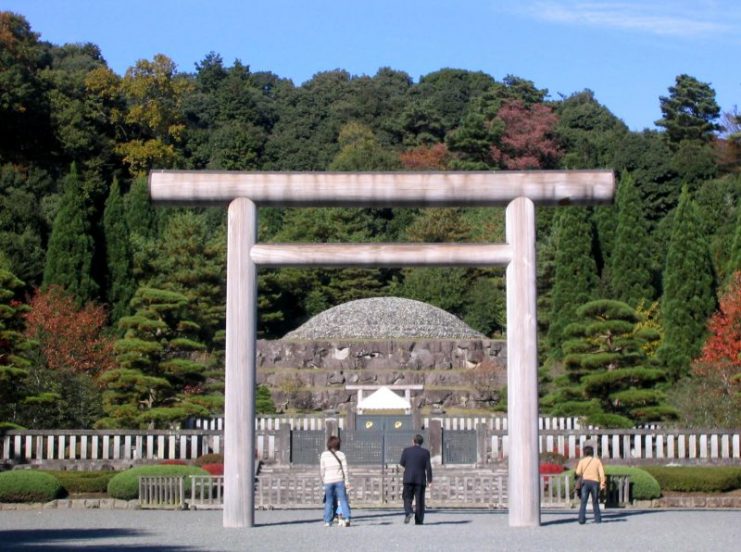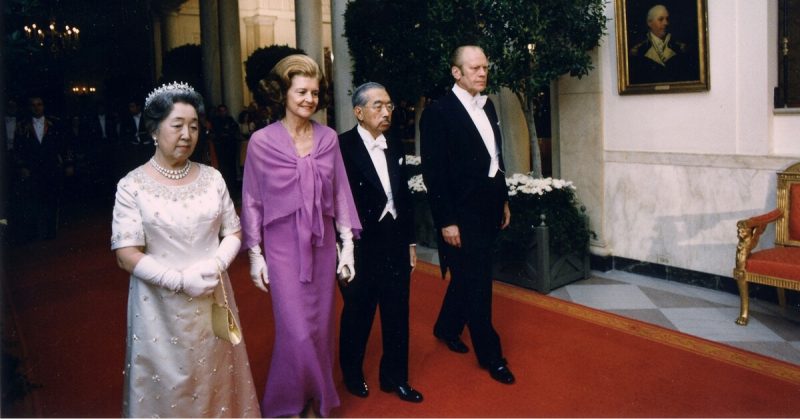Koji Nakamura is the reporter who deserves a place in history simply for asking Emperor Hirohito one question. Instead, he has been all but forgotten.
In September 2014, 25 years after Emperor Hirohito died, the Imperial Household Agency in Japan released the official record concerning his life. Contained in 61 volumes, the record contains information that was previously unavailable, including such trivia as when the imperial family began exchanging Christmas presents (since 1907, if you wondered).
One thing that historians have noticed is not included in the record is a comprehensive record of the emperor’s involvement in Japan’s actions prior to World War II.
Herbert Bix, the historian, was asked by one of Japan’s biggest newspapers to comment on an excerpt from the record. But there was a condition – Bix could not talk about the emperor’s role in WWII. Bix refused but the incident illustrates the power the imperial family still holds over Japanese media. Controversial elements of Hirohito’s life are still considered taboo.
One man, though, dared to broach the subject and he did it directly with the emperor himself. On October 31, 1975, Koji Nakamura attended a press conference given by the emperor. Nakamura was at the press conference representing the London Times. He was one of the few reporters allowed to ask an unscripted question.
Nakamura pointed out that the emperor had visited the White House and had mentioned that the war had been “most unfortunate” and that he “deeply deplored” it. Nakamura went on to ask whether the emperor felt personal responsibility for the war and asked him to give his thoughts on war responsibility.
Hirohito’s answer was less than informative as he claimed not to understand the question and refused to answer on those grounds.

Still the moment had occurred. What was considered unthinkable had just happened. In the remaining 14 years of Hirohito’s life, he never gave another press conference. Had Nakamura followed convention, the emperor would have lived out the remainder of his life without ever once being asked if he would take responsibility for his failure. Even without a sufficient answer, the fact that Nakamura had the courage to ask the question at all deserves recognition and respect.
But Nakamura’s act was nearly brushed under the rug. Only David Tharp, the only non-Japanese person at the press conference that day, made mention of Nakamura’s question and Hirohito’s refusal to answer. According to Tharp’s report, the other reporters in the room froze, uncertain of how to proceed for a moment. This was followed by a collective relaxing because the question that was on everyone’s mind was finally out in the open.
Nakamura was born in 1918. He got his first newspaper job at the age of 13, working as a gofer for the Mainichi newspaper in Kobe. He studied English at the local YMCA and at the Palmore Institute. In 1942, he was assigned by Mainichi to work in Manila for a local newspaper. He remained there after WWII to help translate for soldiers accused of war crimes since many of them were not able to speak English.

When he returned to Japan in 1949, he wrote about his experiences after the war, including the times he translated letters and final wishes for the convicted in a special jail that contained a gallows.
He knew about the Japanese massacre of 100,000 civilians in Manila in February of 1945. He attributed the brutality to the militarism of Japan which treated the emperor like a living god. This, he felt, stripped the soldiers of their respect for the value of human life.
Nakamura passed away at the age of 63 in 1982, succumbing to stomach cancer. He worked as a correspondent until his death. He will always be remembered for his awareness of Emperor Hirohito’s responsibility for atrocities in WWII and for his courage in confronting the emperor with that awareness.
